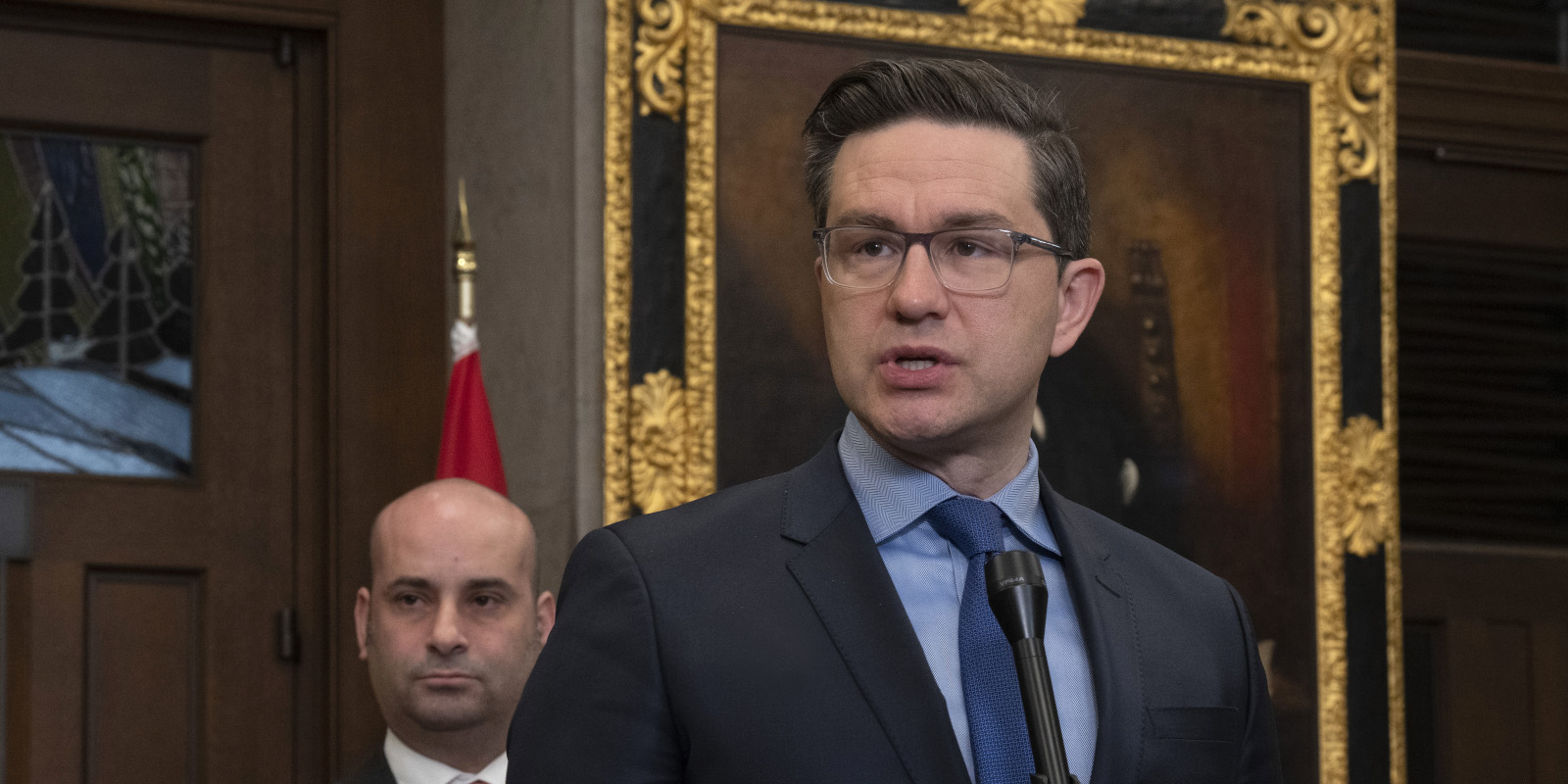In the depths of winter in Toronto a rash of violent attacks shocked the country and put pressure on the Liberal government to do something beyond its controversial gun control legislation that had spiraled into a political problem for an embattled prime minister.
The year was 2006, not 2023, and Liberal leader Paul Martin was struggling against a revitalized Conservative coalition in an election campaign he would ultimately lose.
The shooting death of 15-year-old Jane Creba, who was shopping with friends on Yonge Street on Boxing Day, and the ensuing uproar would become emblematic of the country’s fixation on crime and public safety during the 2006 election.
The Conservative “tough on crime” message found a receptive audience as Toronto set a record for gun-related killings in 2005 and Stephen Harper led his party to victory in that election, governing the country until 2015.
A litany of recent headlines about violent attacks in Toronto and polling data showing Canadians are worried has new Conservative leader Pierre Poilievre seeing a similar opportunity.
In Calgary on Wednesday, Poilievre targeted the government’s reluctance on bail reform as a key factor in rising violent crime rates across the country.
“Here in Calgary, we’ve seen a whole spate of violent crimes targeting innocent people that are the direct result of (Prime Minister Justin) Trudeau’s broken bail system and the ridiculous catch-and-release policies that he’s implemented,” said Poilievre.
A video released this week by Poilievre bucks his usual style of talking directly to viewers and simply shows news clips of violent crimes in Canada with the headline “After 8 Years of Trudeau.”
Trudeau told reporters recently that his government is looking into bail reform, after an Ontario Provincial Police officer was killed in December, but the prime minister also said he was worried about “challenges around impacts, particularly on Indigenous or minority groups.” One of the OPP officer’s alleged killers was denied bail in an assault case but was later released.
Public safety and crime is a tricky issue that can transcend ideology because Canadians train their ire at whoever is in charge at the time, said Shachi Kurl, the president of Angus Reid Institute.
“The thing about crime is it’s kind of ideology-proof. At people’s very basic essence, they want to go out of their house and walk on the street and not be worried about if something bad is going to happen,” said Kurl.

Kurl said that many of the violent incidents Canadians are seeing on the news don’t directly involve the federal government and that issues of local policing are governed at the municipal level. In recent weeks, Trudeau has preferred to talk about being “happy to partner with provinces and municipalities,” rather than proposing federal solutions.
“But as the justice minister or the prime minister, you can’t be like, ‘Oh, well, this is technically not my jurisdiction,’ or ‘This is technically not my problem.’ They’ve got to say something,” said Kurl.
Conservative MP Raquel Dancho, who is the party’s public safety critic, said it’s rare to see such a unified front as the one that has coalesced around bail reform.
“Police are united on this, big city mayors in Ontario are united on this, and certainly every single province and territory is united on this. I can’t think of another situation where those three groups were all united in saying, this is a bail problem, and it’s in the federal authority to fix it,” said Dancho.
In recent years, polling shows that Canadians are getting more fearful about crime and are losing faith in their police forces. According to an Angus Reid Institute survey from October, Canadians are now twice as likely to say there has been an increase in crime in their community than in 2014.The Angus Reid Institute conducted an online survey from Sept. 19-22, 2022 among a representative randomized sample of 5,014 Canadian adults who are members of Angus Reid Forum. For comparison purposes only, a probability sample of this size would carry a margin of error of +/- 2 percentage points, 19 times out of 20.
The number of Canadians who say they have complete confidence or a lot of confidence in the RCMP has fallen from 67 percent in 2014 to 47 percent in 2022.
Recommended for You

Laura David: Red pill, blue pill: Google has made its opening salvo in the AI-news war. What’s Canadian media’s next move?

The Notebook by Theo Argitis: Mark Carney’s first major tests

The Weekly Wrap: Trudeau left Canada in terrible fiscal shape—and now Carney’s on clean-up duty

Ben Woodfinden: Lament for an ‘elbows up’ nation



